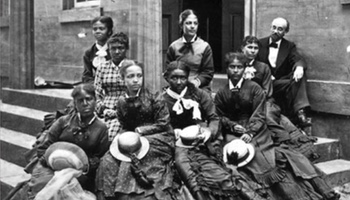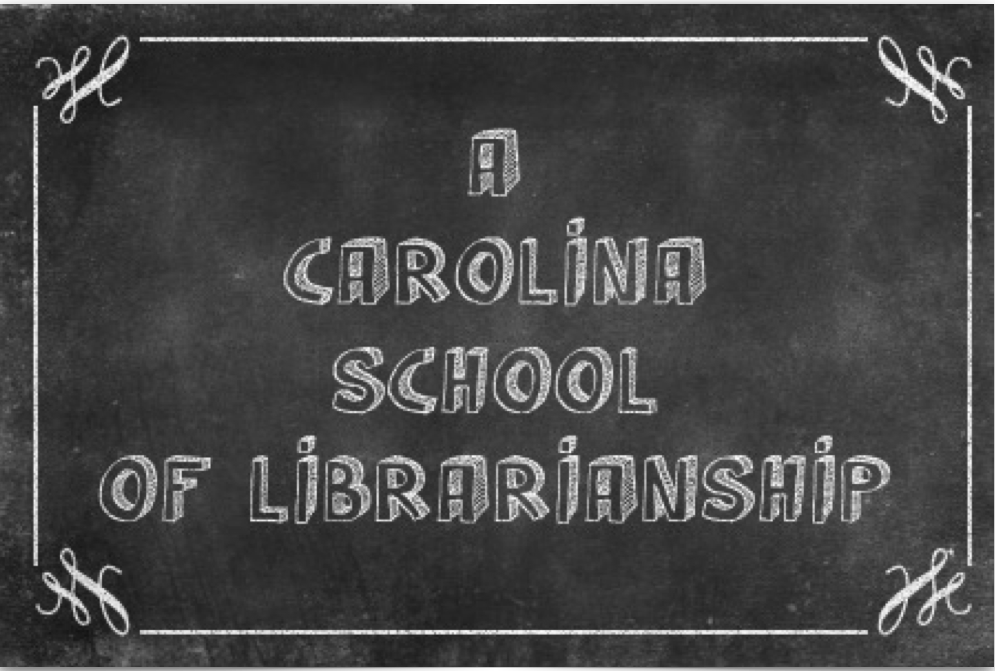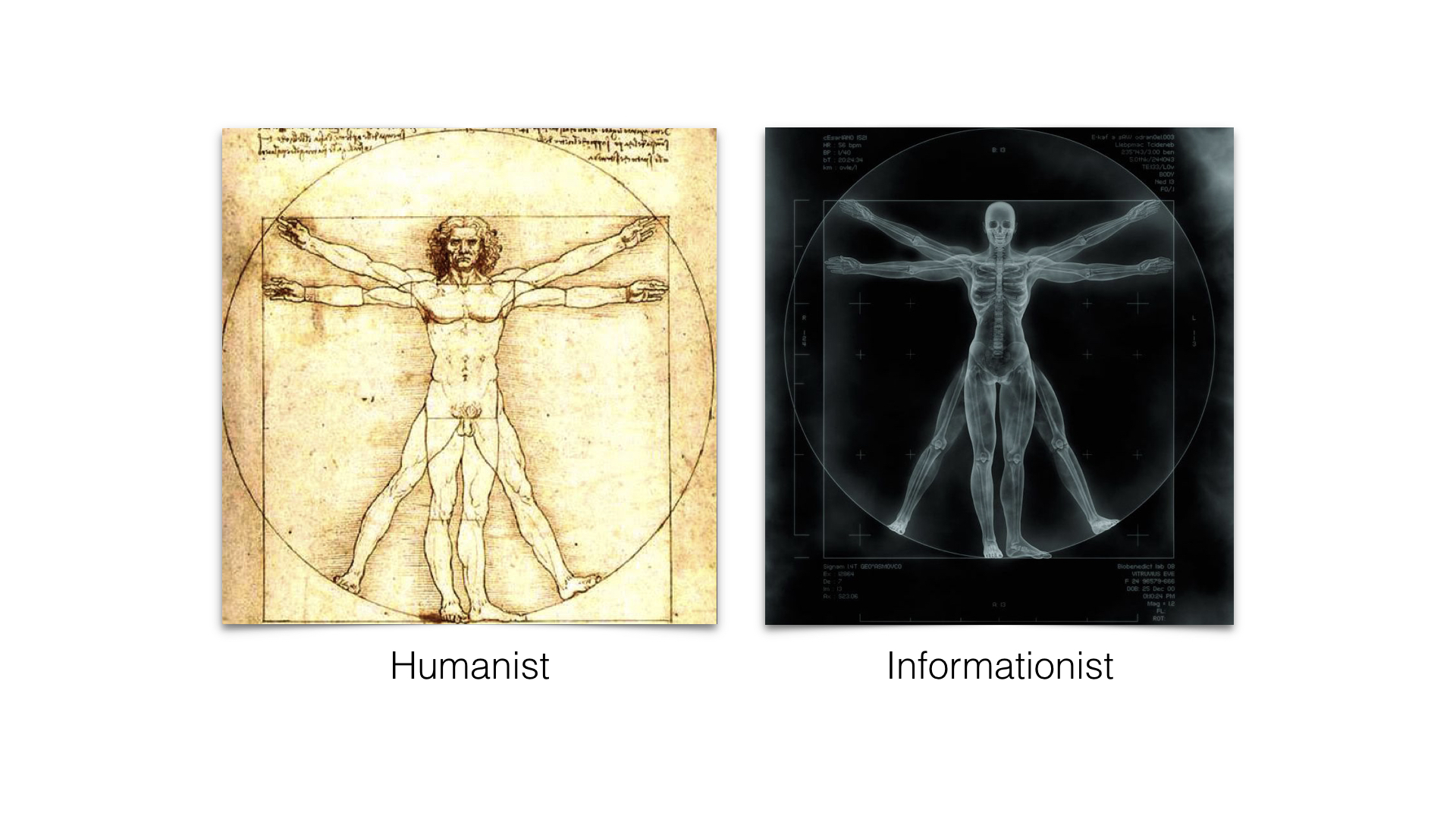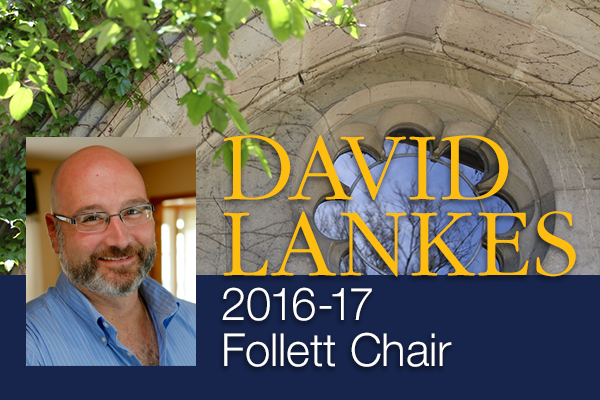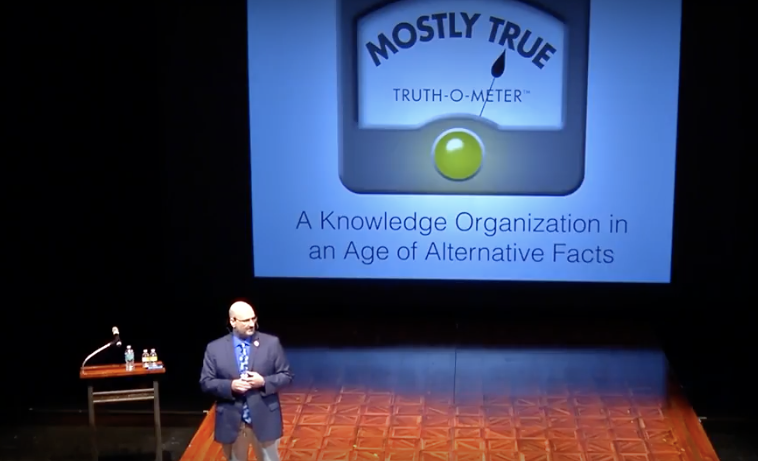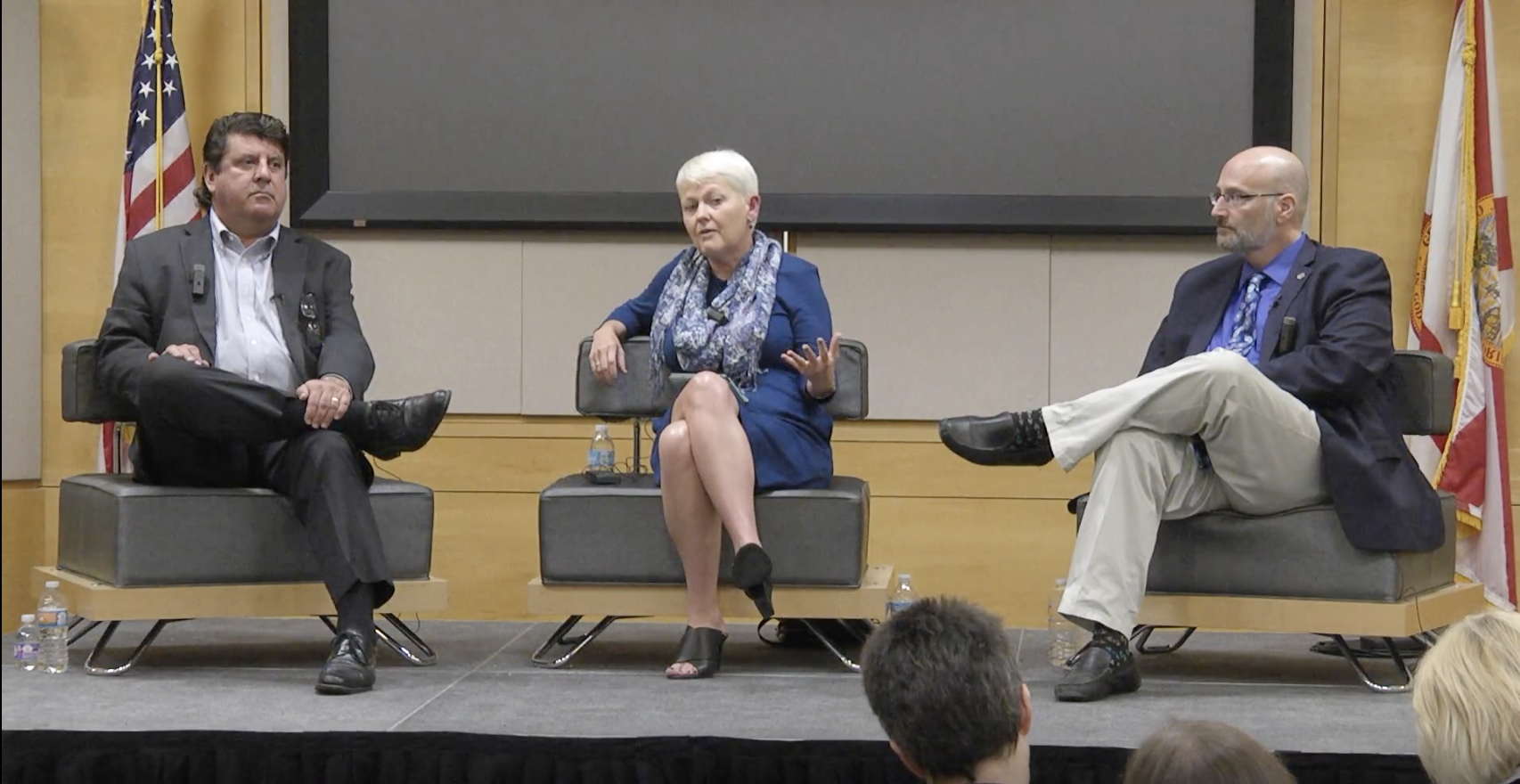“Forget the Future: Our Time is Now” RUSA President’s Program, American Library Association Annual Conference. Chicago, IL.
Slides: Slides in PDF
Speech Text: Read Speaker Script
Abstract: Our communities-our colleges, our towns, our schools, our businesses-need us. As those we serve face growing tensions of nationalism, xenophobia, racism, extremist politics, and social media sites that seems better at building filter bubbles than societies there is a need for a community of professional dedicated to the common good and founded on knowledge. However, our communities don’t need us to gate keep a collection, offer up workshops, or staff a building. They need us adding value to their lives with them in their homes, classrooms, offices, and devices. This talk will explore how reference and user services not only remain relevant, but mobilize to addresses the real challenges of today’s community.
Audio:
Every year the University of South Carolina’s School of Library and Information Science have a hooding ceremony for graduating librarians in Rutledge Chapel on the historic Horseshoe of campus.
The chapel is in Rutledge College, the first building built for the South Carolina College – now the University of South Carolina – in 1805. It was built, in part, with slave labor.
Continue reading “Forget the Future: Our Time is Now”

